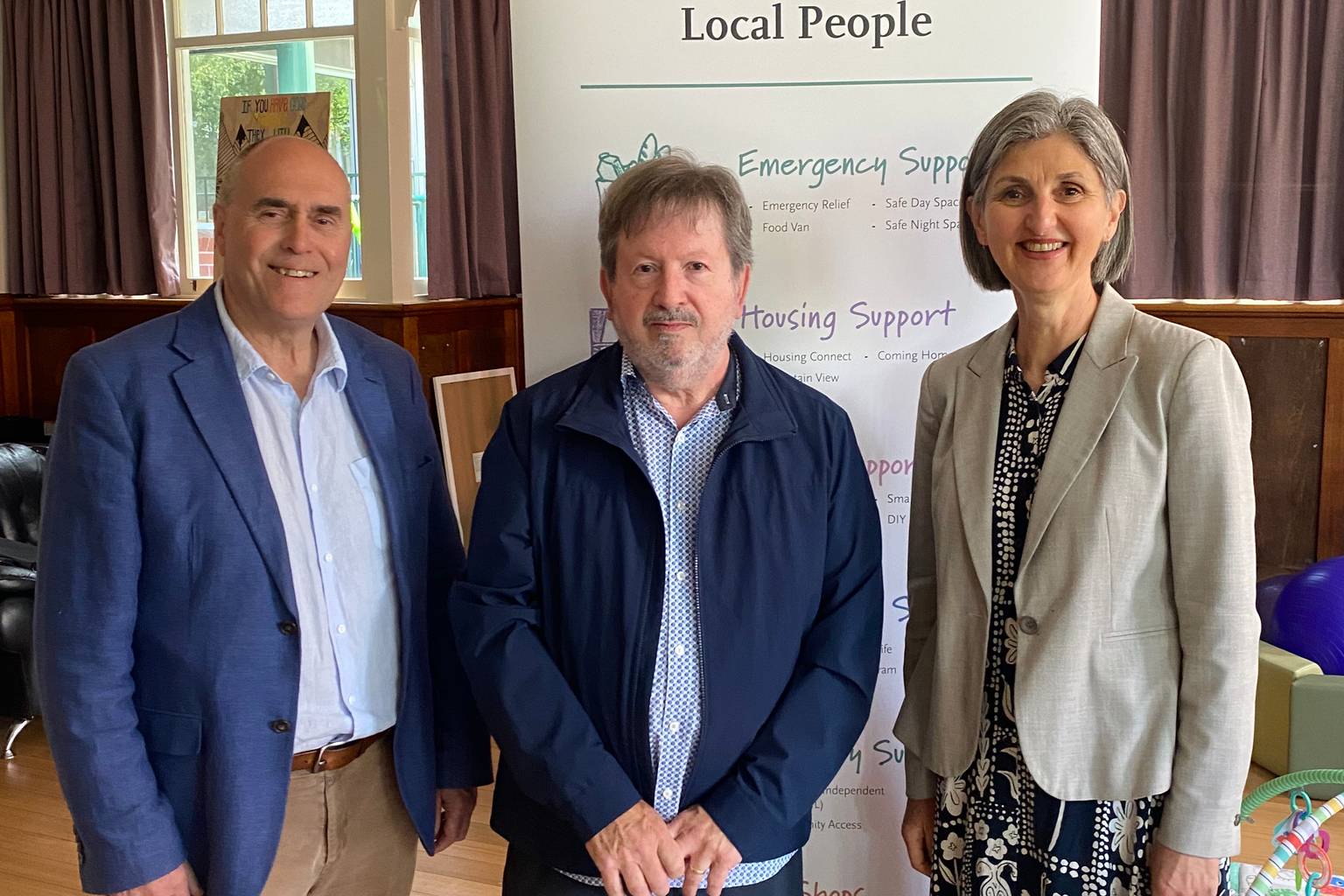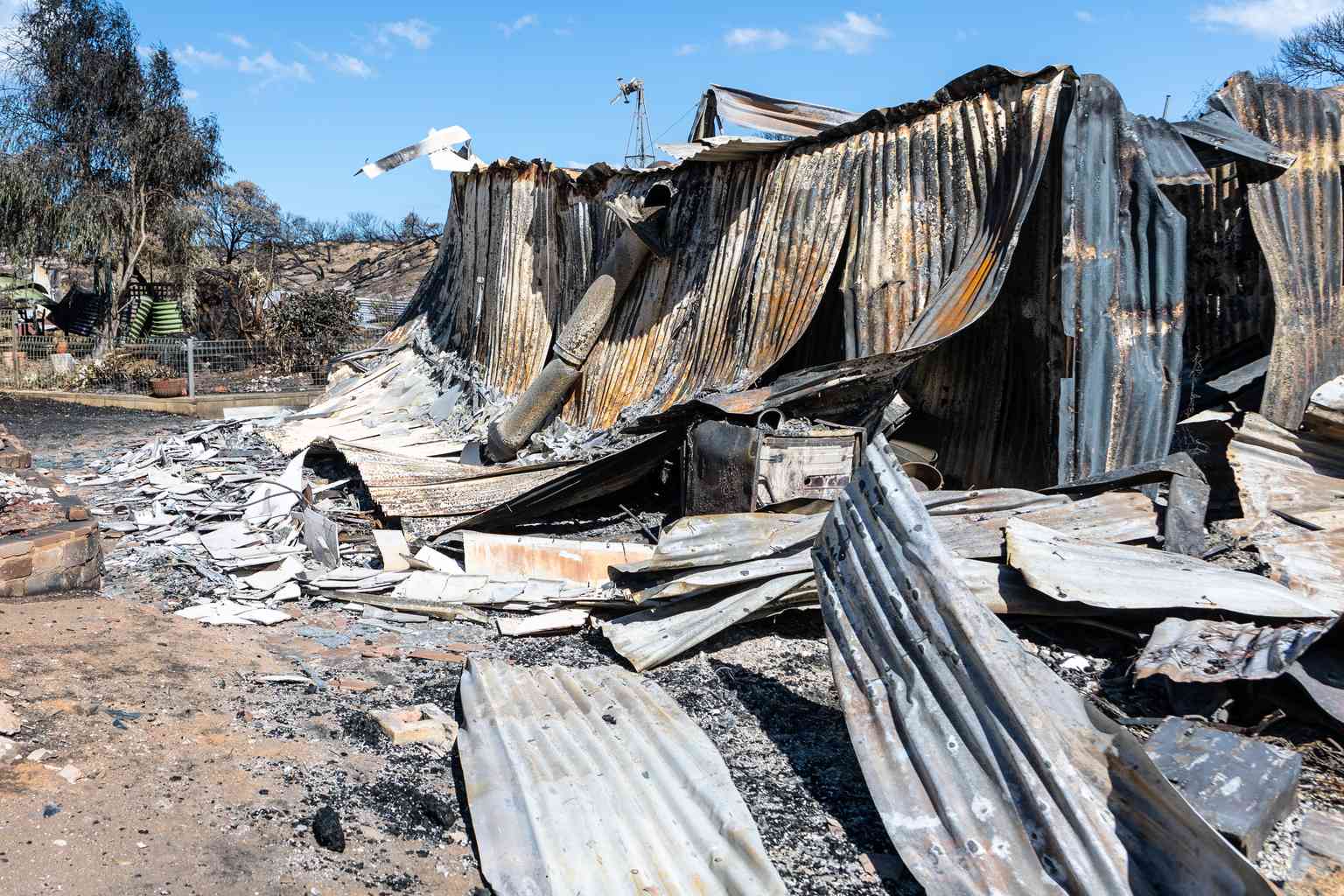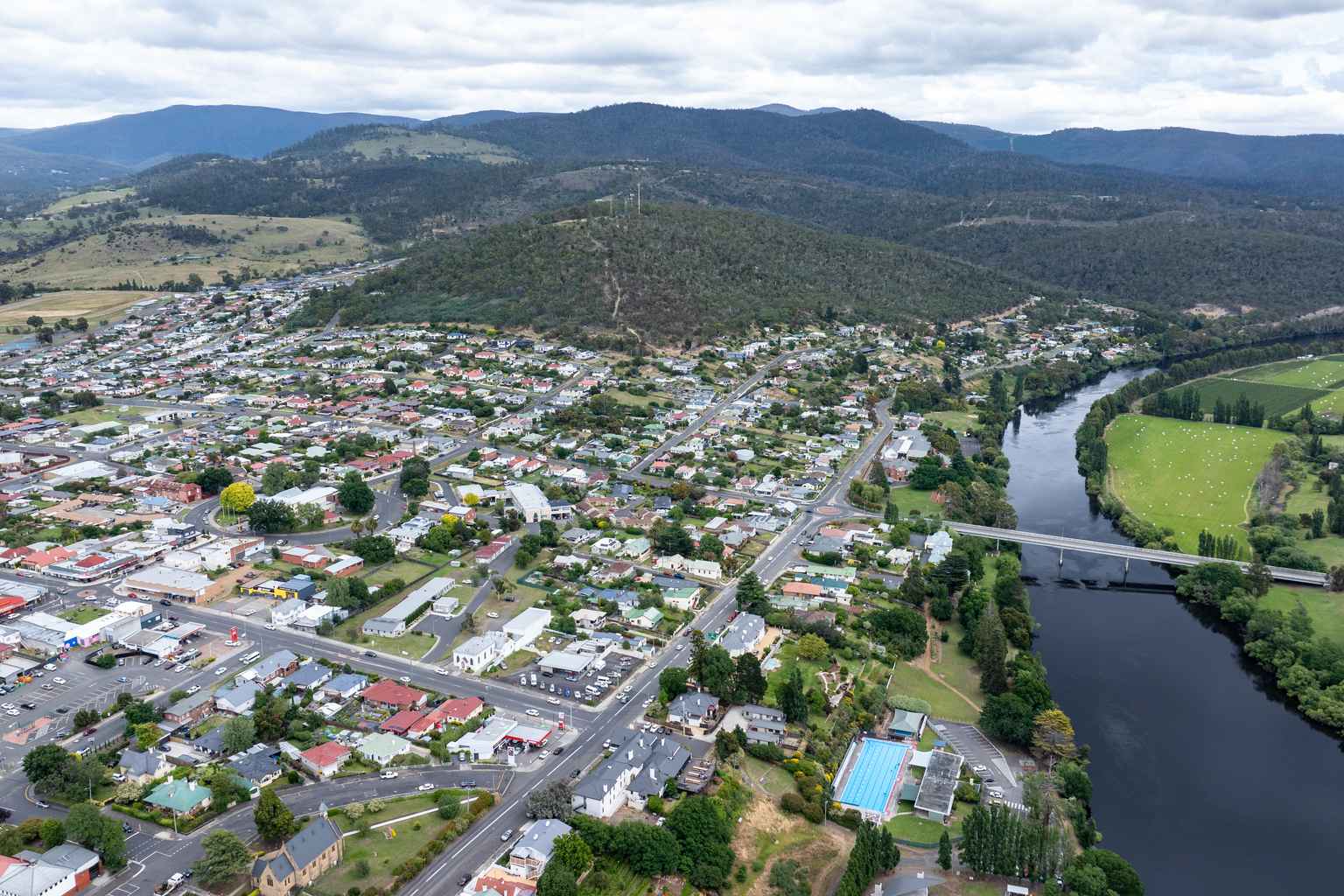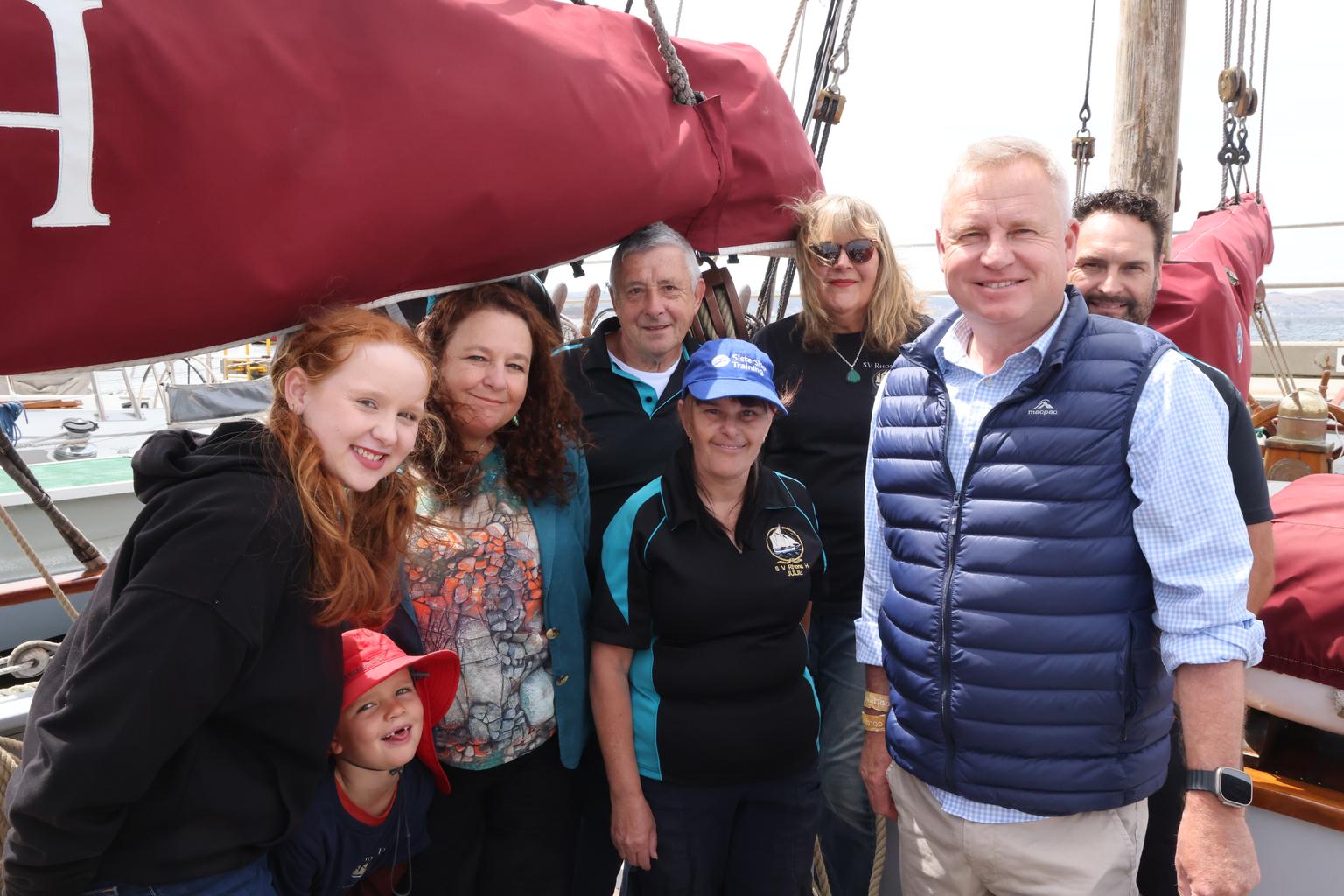The death of one of Tasmania’s most successful greyhounds has reignited calls to shut down the state’s racing industry by 2029.
Raider’s Guide, who racked up a state record $664,975 in prize money over 79 starts, was euthanised after suffering fatal spinal injuries in a race on Monday night.
The four-year-old champion collided with another dog on the first bend, sending both tumbling and forcing stewards to abandon the race.
Earlier this year, Raider’s Guide was crowned the 2024 Greyhound of the Year.
The tragedy marks Tasmania’s second greyhound racing fatality this year and has fuelled renewed pressure from animal welfare groups to end government funding for the sport.

RSPCA Tasmania described footage of the race as “sickening”.
“Raider’s Guide had made thousands of dollars for his owners and unknown amounts of money for gamblers but his short life ended unceremoniously on a racing track,” the animal welfare organisation said.
“There is no glory in this dog’s life. But this awful event is a constant reminder of the cost borne by greyhounds for human entertainment and profit.”
The RSPCA, along with several community groups, is urging the government to cut industry funding by 2029.

TasRacing acknowledged the loss of the celebrated runner but insists fatality rates have plummeted.
The body says deaths have dropped from 1.18 per 1,000 starters in 2016–17 to just 0.17 this year.
The controversy comes as other countries, including New Zealand, have walked away from greyhound racing over high injury and death rates.
The Greens’ Cassy O’Connor described the industry as “irredeemably cruel” and pointed to polling showing many Tasmanians oppose continued subsidies.
“What a short, miserable life of exploitation for this poor dog,” she said.

“Every year, this state-subsidised industry kills and injures dozens of dogs on and off the track.”
“Gentle dogs that should be living a good life well into old age are having their lives cut short in the name of profit.”
The state government argues the industry supports jobs and regional communities.
A government working group is now weighing up options for the next funding deal, which runs out in mid-2029.







